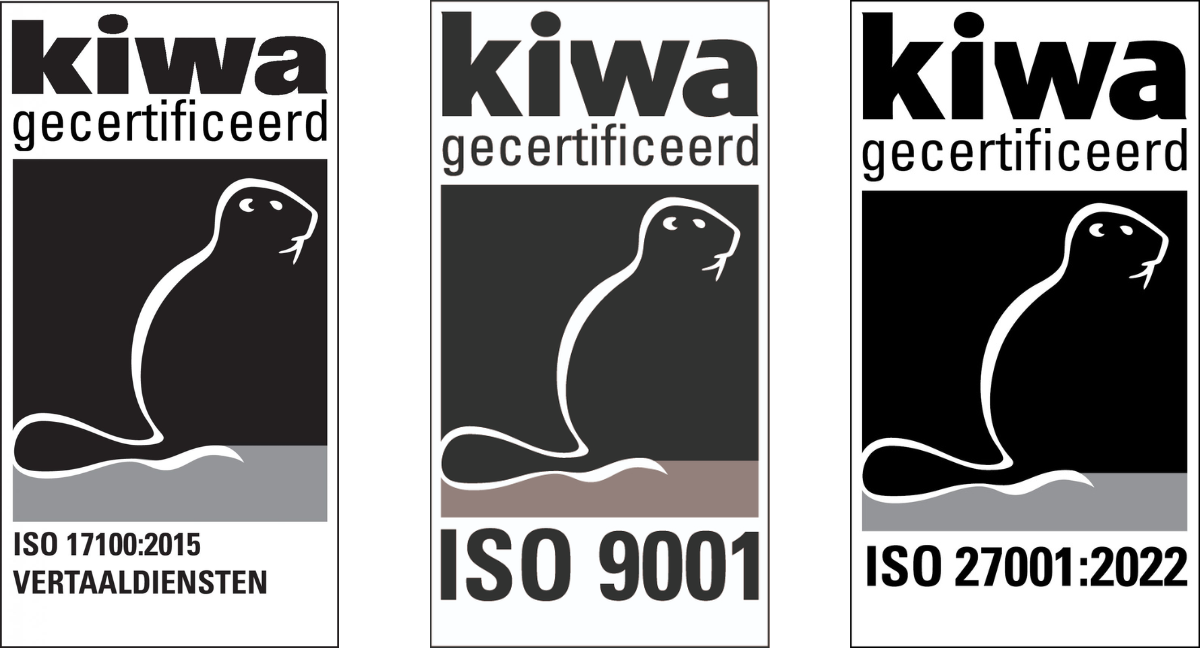Blog
- Information directly from the translation industry
- Advice from experts
Imagine you have to appear in a courtroom in New York, and you only speak Haitian Creole, Wolo, Gujarati, Urdu, Tagalog, Yiddish, or Greek. What a relief it would be to see a sign like this upon entering! No worries, I can express myself here. But then you look at what it says: “We speak your language”. Okay, great. And now? The most important sentence is:
For Court Interpreter Information Please Go to Room: 201
….in English. So, as a non-English speaker you’re still in the dark, unless you deduce that 201 could potentially be the number of a room where a translator is waiting.
This points to a classic dilemma in the translation world: the quality of the message is determined from the perspective of the messenger. However well-intentioned, as in this example.
And in the translation world, the quality of the message is often everything. When translating a legal, technical, medical, or academic document, a 95% accurate translation holds little value. They need to be perfect in detail, especially when significant interests are at stake. A good translator is aware of this and translates the source text in a way that is fully accessible and understandable to the reader of the target text.
This may seem obvious, but sometimes the provider of the source text tends to question the quality of the translation because, from their own language, culture, word usage, and grammar, the translated text feels different from their original source text. This can lead to interesting discussions between clients and translators. Fortunately, this issue often resolves itself when we explain that a professional proofreader, who is also a native speaker of the target language, has reviewed and approved the text based on their language and cultural understanding.
All of this touches upon another aspect, namely that one language is sometimes inadequate to express the same meaning as another language. This can be very frustrating for language enthusiasts, especially when the limitations of their own language become inhibiting. Thanks to globalisation, it is increasingly common for employees in large international companies to prefer communicating in a foreign language, even with fellow native speakers, as they have become accustomed to using a foreign language for internal communication. This provides greater control over the message and enhances effectiveness in their professional performance.
Even more extreme are writers and journalists who completely disconnect themselves from their own language, move to another country, and only speak and write in that foreign language because they feel they can express themselves more effectively in it than in their native language. However, it doesn’t have to be that extreme. Translation agencies like Translation Kings are there to be the messengers, not just of the bare source text, but primarily of what needs to be achieved with that text. That remains the shared goal, and you don’t have to move anytime soon!

Translation Agency complies with the highest attainable certifications: ISO 9001:2015, ISO 17100:2015, and ISO 27001:2022. Top quality, security and service remain our number one priority.


Translation Agency is a member of the VViN and EUATC; Organisations of translation agencies that work together to optimise quality and service.
